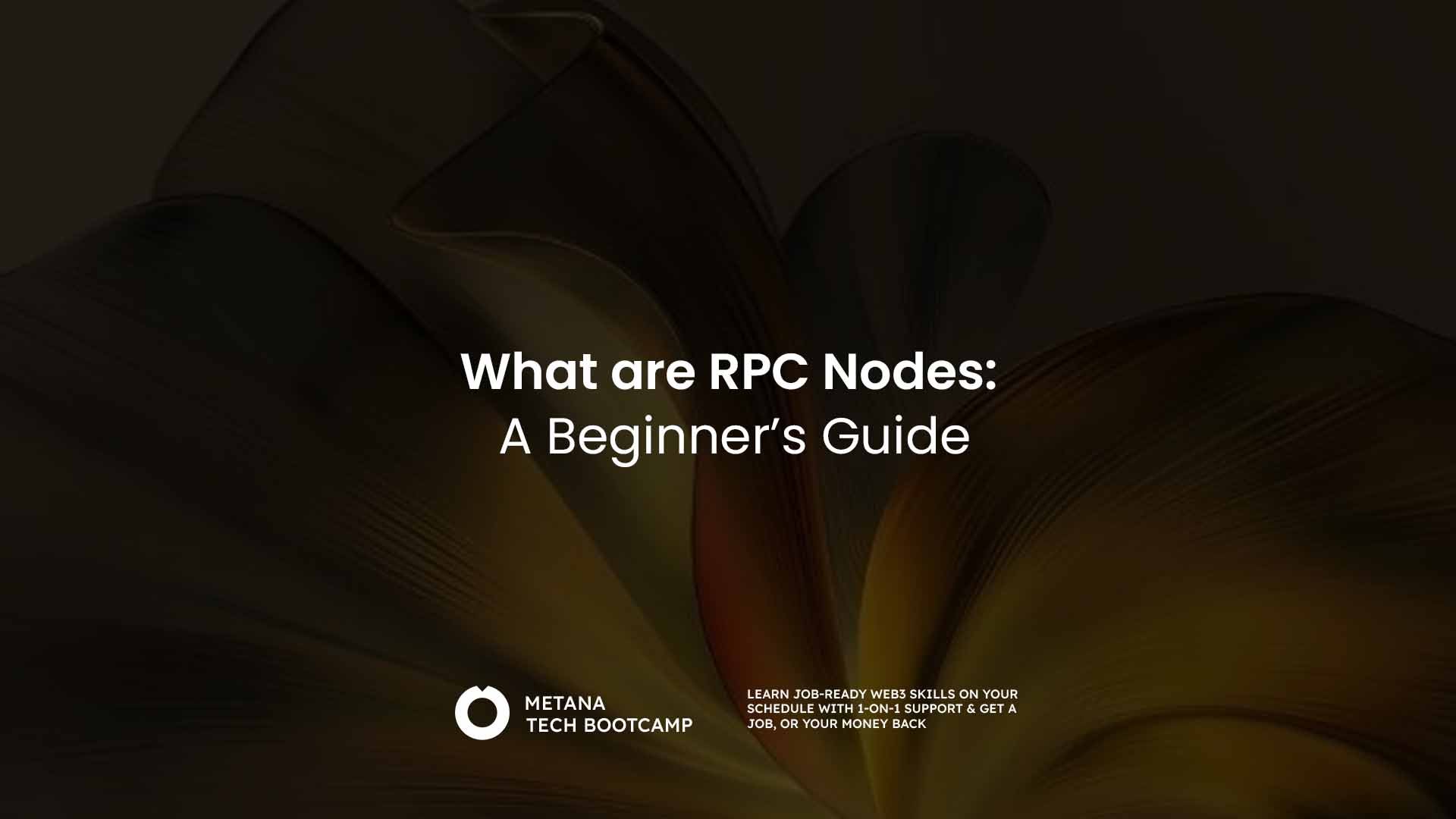
RPC Nodes Explained: Essential Guide for Smart Contract Interaction

RPC Nodes Beginner Guide
RPC (Remote Procedure Call) nodes serve as essential intermediaries between blockchain applications and networks, enabling seamless communication and data exchange. These nodes process requests from decentralized applications (dApps) to interact with the blockchain.
An RPC node performs three primary functions:
- Processes transaction requests from applications
- Retrieves blockchain data and network status
- Maintains a real-time connection to the blockchain network
When you use a dApp, such as a decentralized exchange or NFT marketplace, the application connects to an RPC node to:
- Submit transactions to the network
- Check wallet balances and transaction history
- Monitor smart contract states
- Verify transaction confirmations
RPC nodes are crucial for blockchain infrastructure because they:
- Provide reliable access to blockchain networks
- Ensure fast response times for applications
- Maintain network decentralization
- Enable scalable blockchain interactions
Public RPC nodes are freely available but may have limitations in speed and reliability. Private RPC nodes offer better performance and security but require maintenance and resources to operate.
Companies like Infura, Alchemy, and QuickNode provide managed RPC node services, offering developers reliable infrastructure without the complexity of running their own nodes.
Using RPC nodes responsibly helps maintain network health and ensures optimal performance for all users in the blockchain ecosystem.
